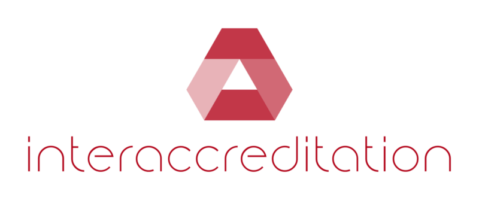Confidentiality
By confidentiality, a certification body shall ensure that information is accessible only to those interested parties authorized to have access and specific rules are established for auditors, administrative staff and other interested parties. Clients entrust us with and allow us to gather information relating to their activities and other matters as part of the certification […]
Continue Reading





